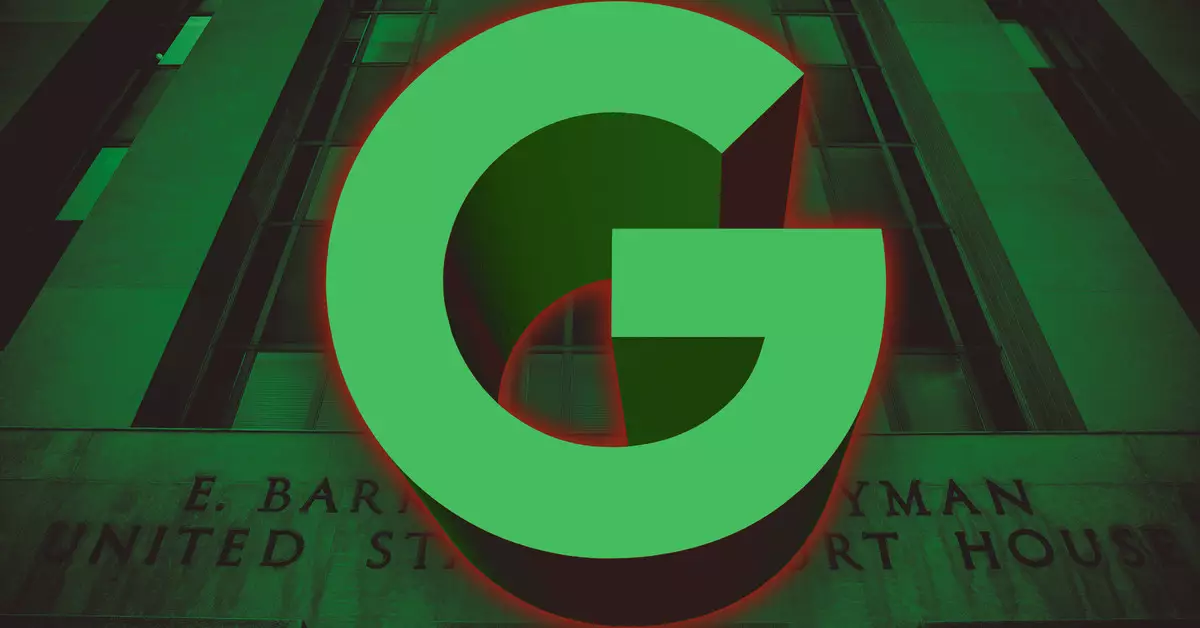In recent developments surrounding the antitrust scrutiny faced by Google, the Department of Justice (DOJ) has issued recommendations aimed at dismantling the monopolistic practices that the tech giant allegedly employs to dominate the search engine market. Instead of adhering to the DOJ’s direct suggestions, which include divesting its popular services like Chrome and Android, Google has crafted its own solution set, emphasizing its existing contracts and partnerships over structural changes. This divergence raises critical questions about the sincerity and effectiveness of Google’s proposed remedies.
Google’s response pivots around its financial agreements with key players in the tech ecosystem, such as Apple and Mozilla, aiming to maintain a preferential positioning in the market. The company underscores its willingness to modify these contracts, proposing a three-year moratorium on tying its various licensing arrangements with preferential placements of its other applications. This strategy, however, seems to sidestep the essence of the DOJ’s concerns regarding competition—specifically, the essential question of whether these modifications will genuinely foster a more competitive environment or simply maintain Google’s status quo under a different guise.
The proposal allows Google to continue compensating browsers like Chrome and Mozilla for default search placements while introducing some flexibility in forming multiple deals across platforms. While this can be perceived as a nod towards encouraging healthier competition, the lack of commitment to share its extensive search data with other companies remains a glaring omission. This refusal to contemplate a more substantial change indicates that Google may not fully embrace the core objectives of the antitrust measures prompted by the DOJ.
Google’s regulatory VP, Lee-Anne Mulholland, claims that the company’s proposal is primarily concerned with rectifying its search distribution contracts. However, framing the approach as remedial rather than preventative undermines the potential for a sustainable solution. As Google prepares to appeal the ruling by Judge Amit Mehta—which unmistakably categorized the company as a monopolistic entity—it remains to be seen whether its forthcoming revisions before the trial will reflect genuine accountability or fallback to tactical maneuvering designed merely to appease regulators.
The upcoming trial presents an opportunity for a pivotal shift in Google’s operational framework. Whether the tech monster will rise to the occasion and genuinely commit to reshaping its business practices—or simply iterate its old tactics behind a mask of cooperation—will be critical to determining the future landscape of digital competition.
While Google’s proposals certainly entail some concessions, they primarily reflect an intent to navigate around the recommendation of breaking off essential services that competitors could use to level the playing field. The real question remains: Are these alterations intended to foster true competition, or are they merely superficial adjustments that will allow Google to maintain its dominant position? A genuine commitment to competition is necessary for the digital ecosystem to flourish, and the upcoming trial will be instrumental in shaping that future. The onus is not just on regulators but also on Google to prove that it is prepared for fundamental change to restore not only compliance but fairness in the marketplace.


Leave a Reply